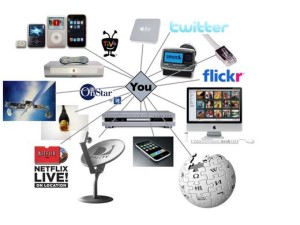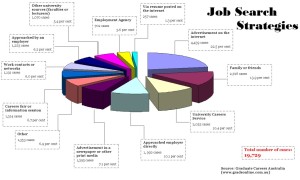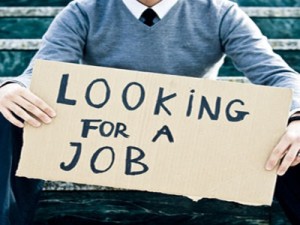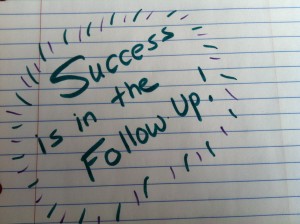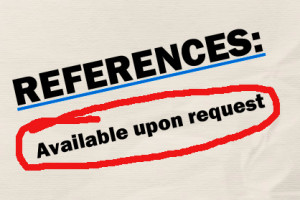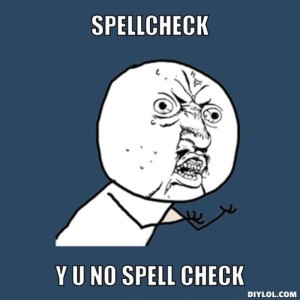 Many people will tell you “the one who mentions compensation first loses.” This assumes that pay is a zero sum game. Personally, I think it is up to the company to mention pay first. It may not mean that they tell you what the position pays first but they should bring it up and it should be brought up early. I talk about compensation in the first interview.
Many people will tell you “the one who mentions compensation first loses.” This assumes that pay is a zero sum game. Personally, I think it is up to the company to mention pay first. It may not mean that they tell you what the position pays first but they should bring it up and it should be brought up early. I talk about compensation in the first interview.
Yes, I have paid two people differently for doing the same job. Same pay for the same work sounds nice but rarely are two people contributing the exact same to the company. What if one person is not at work for 1/4 of the year off while the other person works for an entire year? Should they be paid the same? Or how about if one person is liked by all and raises everyone’s spirits while the other person is like having Eeyore around? To me compensation is more about your overall contribution to the company and not just your “work.” Not to mention the discussions about high performing and high potential. Sometimes a person with higher potential is paid more than someone who is performing better.
In the interview process discussing compensation often times makes people uneasy. As a candidate you need to know what your bottom line is. If you have a number that is your “must have” number then make it at or near the bottom of the range you give. You don’t just give them ONE number when they ask about pay do you? If someone asks about pay and you don’t know what the company’s pay range is for the position then give them a range. Say something like “I need to be between $45k and $60k depending on benefits, vacation time, bonuses, etc….” You better believe that “benefits” play a big part of the package for most people. I am not just talking about medical and dental…
Here are some of the areas you should consider as “benefits:”
Commute
How long will your commute be? I drive 20 miles and it takes me about 30 minutes. I actually like the “me” time of the commute and I get to make some personal calls so I see some value in the time but it does cost me in real dollars. Here are two articles about how much the commute costs you from Reuters and Lifehacker. Keep in mind that today the IRS standard mileage rate is $.575 per mile. It can add up not to mention the time you are “spending” in your commute.
Time off
Take your salary divide it by 52 and that is what each week of vacation is worth to you in real dollars. If the company only offers you three weeks of vacation and you want four, ask if they can bump your base by the weekly amount and let you take a week unpaid if you need it. I encourage doing this because any future raises will be based on you salary, not your vacation. Plus, you may not need the extra time off.
Work from home
If you work from home you save a TON of money. Here is an article from About.com to help you think of the TOTAL cost of working. If you work from home you save on the commute AND your wardrobe. I am not saying that you should fold clothes while you are on a conference call but multi-tasking is an option.
Flexibility
How about when little Timmy has basketball practice at 5:30 two days a week? Will you boss allow you to leave early those days? You don’t want to ask that directly in the first interview but you can find these things out in the interview process.
Culture
Working in a bad environment costs you your happiness. How much is that worth to you? Keep in mind that YOU contribute to the environment you work in. The other day a person was being a Mr/Ms grumpy pants complaining about their job and how other people don’t work as hard as they do. I told them that I had a stack of people at my desk that they could complain to if they want because these people had no job at all. Like I say, if the problem is not with you , then you cannot fix it.
We all need to pay bills so before you start the job search take a look at your expenses and come up with what you need to make. But be sure that you know what your TRUE costs are in case you need to negotiate.
Al
If all of my problems are first world problems, I don’t have problems.
Al

